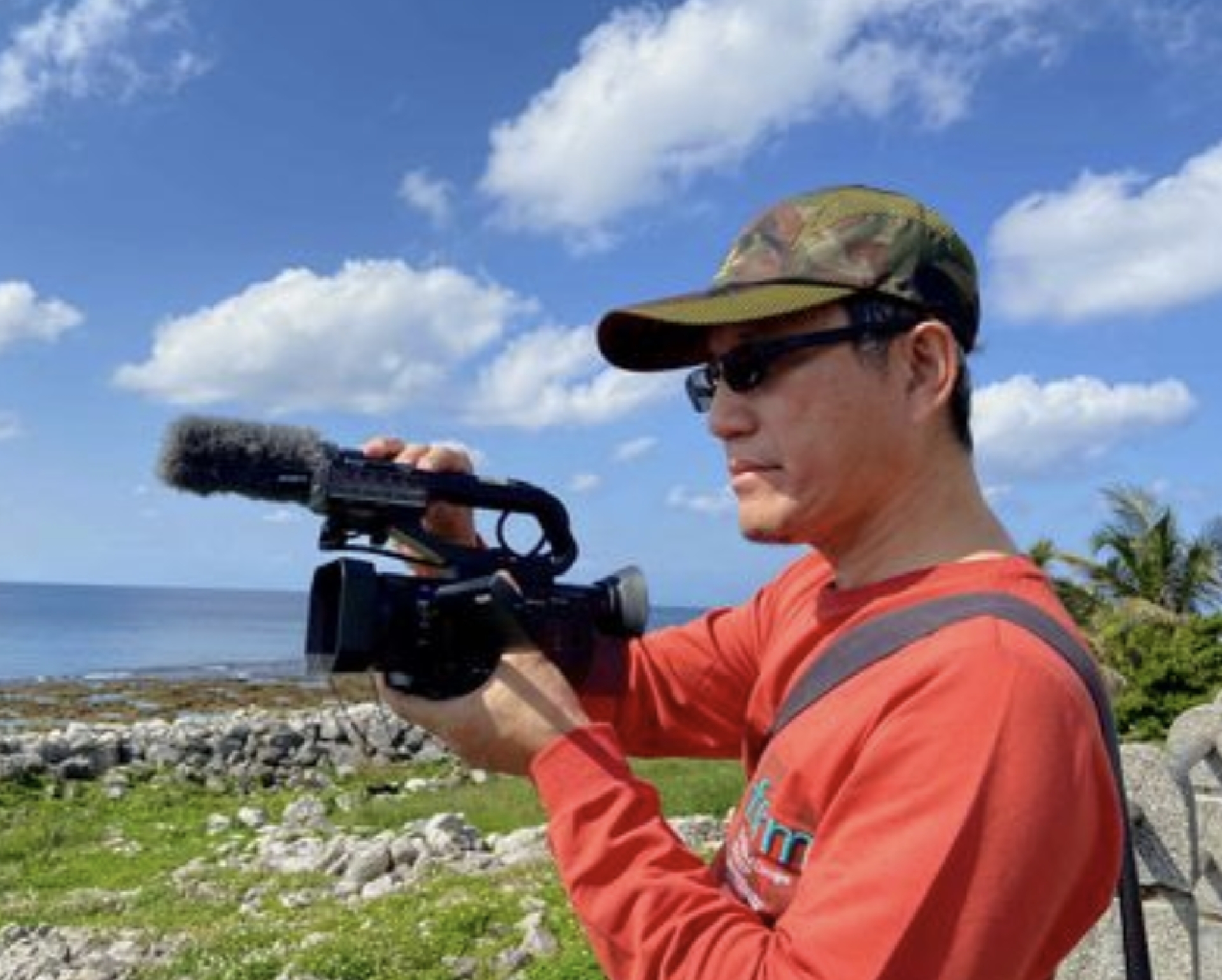What is a Documentary?
Documentary filmmaking isn’t about simply holding up a mirror to the world. As John Grierson famously said, it’s “the creative treatment of actuality.” This means blending realistic themes with the director’s perspective and creativity. A documentary doesn’t reflect reality—it reconstructs it, shaped by the choices and vision of its author.
Humility and Responsibility
As documentary filmmakers, we must balance humility with confidence. Our role demands that we treat the people we film with respect and equality. When working with vulnerable communities, we must be aware that the camera gives us power. When documenting the powerful, that same camera becomes a tool to challenge authority. In both cases, ethical responsibility is key.
Reflecting on Our Themes
Before diving into a topic, we need to ask ourselves: Why this subject? Are we drawn to it because we care, or do we care because we started filming? Do we understand the issue deeply, or is more research needed?
Representation matters. A filmmaker’s background influences how a story is told—a local and a foreigner will often see the same situation differently. We also need to consider our focus: what aspect of the story do we want to highlight? For example, filming a traditional artist might lead us to explore industry, culture, technique, or personal character—each choice shaping a very different narrative.
A Filmmaking Mantra
Start from a place of personal resonance. Don’t make creative choices just to satisfy audiences or fit festival trends.
Don’t begin filming without knowledge—learning on the go rarely leads to great work.
Avoid trying to cover everything; documentaries are not encyclopedias.
Keep your scope realistic—if the idea can’t be executed, it won’t matter how good it is.
And finally, remember that documentaries speak not only to the mind, but also to the heart. Emotional depth is as important as factual clarity.
Documentary as a Social Practice
Don’t ask the filmmaker what they want to do with the film. Ask yourself: What do I want to do after watching it?
Documentaries aren’t just cultural products—they’re powerful works. The process of making them is as meaningful as the result. Images are not just visual tools; they can be the first step toward change. Documentation itself is a form of action.
The Role of the Documentary Filmmaker
So, what are we, really? Artists? Justice fighters? Activists? Helpers?
Perhaps it's more useful to define our role by what it is not. We’re not mentors, not social workers, not propagandists. We don’t come to preach or save.
Instead, we observe, engage, and tell stories—with integrity, reflection, and purpose.



